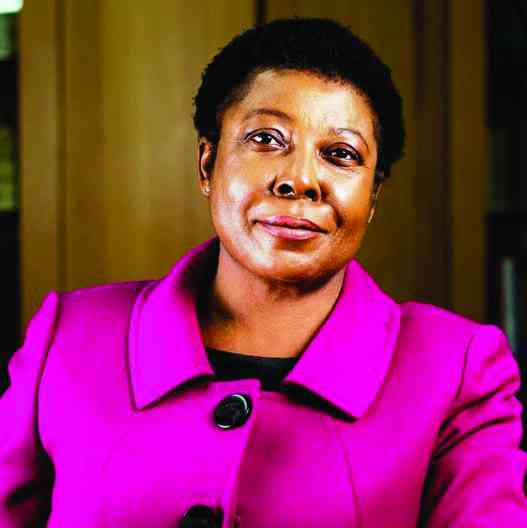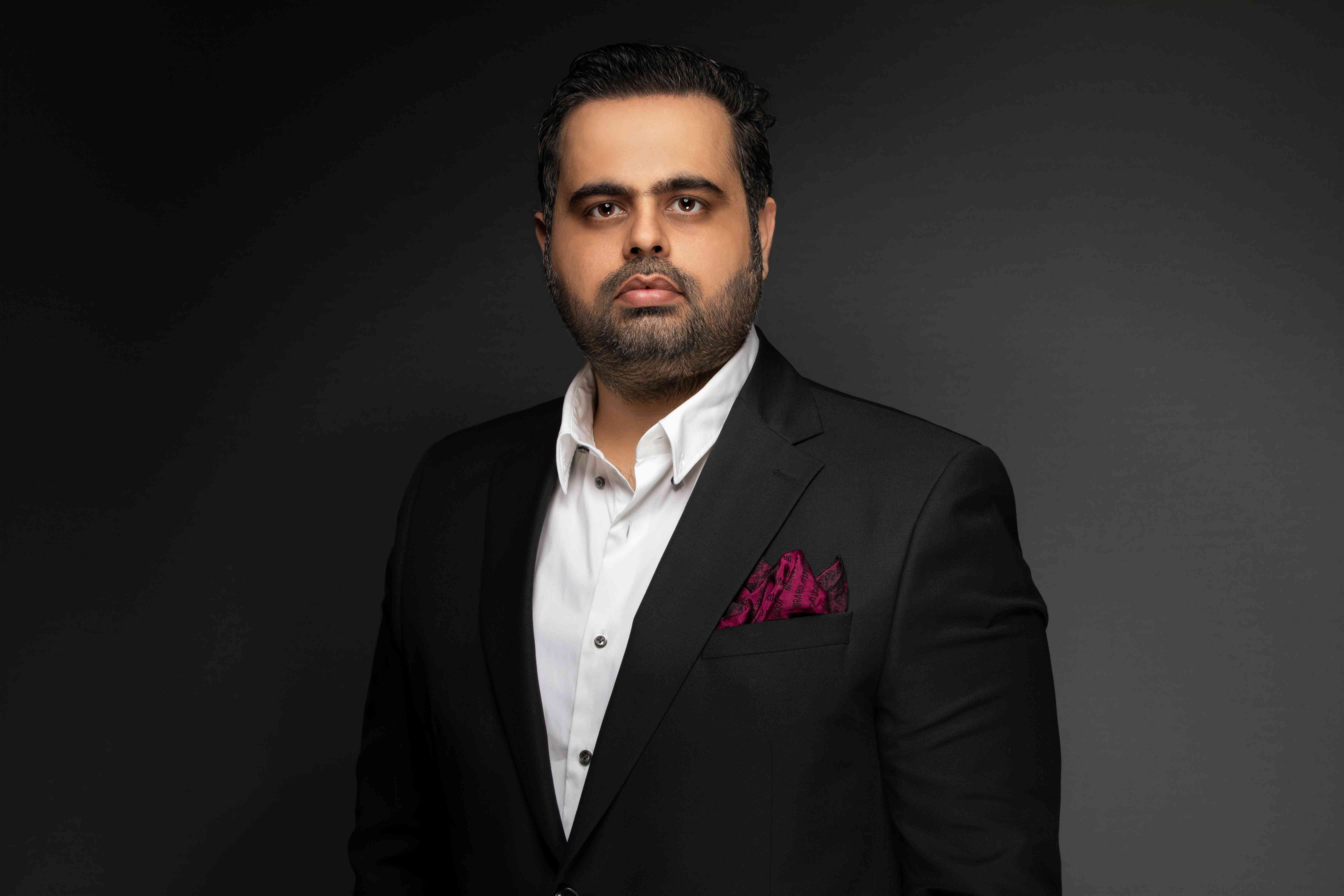
IN a world that often prioritises youth, the value of intergenerational learning, particularly among women, cannot be overstated.
As I embark on a very ambitious book project with remarkable figures like Tendai Bare and Hope Chigudu, I am continually reminded of the profound impact that older women (no ageism intended at all with the older women vibe, for we are as old as we identify ourselves to be, hahahaha) can have on the lives of younger generations.
Their experiences, wisdom, and resilience serve as beacons of hope, illuminating paths that we may not yet see.
The first time I met Tendai Bare, the chairperson of the Land Commission in Zimbabwe, I was overwhelmed by her presence.
There was an energy about her — a blend of strength, compassion, and wisdom that resonated deeply within me. After our meeting, I found myself sitting in my car, tears streaming down my face, filled with gratitude for the divine soul I had just encountered.
This moment was not just about her achievements; it was about the legacy she represents and the lessons she embodies. It was a reminder of the urgent need for intergenerational support and learning.
Intergenerational learning is not merely an exchange of knowledge; it is a transformative process that fosters understanding, respect, and empowerment. Older women possess a wealth of experiences that can guide younger women through the complexities of life.
They have navigated challenges, faced societal norms, and emerged stronger, often paving the way for those who follow.
- Identity documents mobile registration kicks off in Byo
- French Embassy supports Hatcliffe reusable sanitary pads project
- French Embassy supports Hatcliffe reusable sanitary pads project
- Empowerment lobby group optimistic about new year
Keep Reading
Figures like Margaret Dongo, Joice Mujuru, Rutendo Hadebe, Lucy Mazingi, Ednah Mukurazhizha, Divine Dhlukula, Amy Tsanga, Mary Bare, Ruth Chinamano, Bertha Jambaya, Edna Masiyiwa, Monica Mutsvangwa, Thokozani Khupe, Hope Sadza, Olivia Muchena and Everjoice Win, only to mention but a few, exemplify this legacy.
Their courage and advocacy have created ripples of change, inspiring younger women to engage in activism and leadership.
To age gracefully is to embrace change while holding onto one’s identity and values.
Older women exemplify this grace through their ability to adapt and thrive, despite societal pressures to conform to certain standards of aging.
They teach younger women that aging is not a decline but an evolution — a journey enriched by experiences, relationships, and self-discovery. This is a vital lesson in a society that often equates youth with beauty and worth.
The wisdom of older women is particularly crucial in challenging patriarchal narratives that seek to diminish their voices.
By sharing their stories, they not only reclaim their narratives but also empower younger women to do the same.
The act of storytelling becomes a revolutionary tool, bridging the gap between generations and creating a shared understanding of the struggles and triumphs faced by women throughout history.
For instance, Tendai's work in land reform highlights the importance of women's rights in resource management.
Her advocacy teaches younger women about the significance of owning and controlling resources, and how these rights can lead to greater autonomy and empowerment.
This lesson is not just theoretical; it is a call to action for younger women to engage in advocacy, to understand their rights, and to fight for a future where they are not merely beneficiaries but active participants in shaping their destinies.
Moreover, the support that older women provide is invaluable. Leaders like Ambassador Rudo Chitiga and Thoko Ruzvidzo have made significant contributions to women's rights and empowerment, reminding us that we are not alone in our struggles.
Their insights and guidance have illuminated paths for many, encouraging younger women to embrace their voices and use them to uplift others. This kind of mentorship fosters a sense of community, reminding us that we are part of a larger sisterhood that transcends age.
The urgency of intergenerational learning lies in its potential to create a more equitable and compassionate society.
As younger women learn from the experiences of older women, they gain the tools necessary to challenge injustices and advocate for change.
This exchange of knowledge is not a one-way street; it is a dynamic relationship where both generations learn and grow together.
Younger women bring fresh perspectives and energy, while older women offer wisdom and guidance, creating a powerful synergy that can drive social change.
As we reflect on the teachings of women like Tendai, Hope, Margaret, Joice, Everjoice, Mary Bare, and many others, we are reminded of the importance of nurturing these intergenerational relationships.
It is essential to create spaces where older women can share their stories and younger women can seek guidance without fear of judgment.
This requires a cultural shift that values the contributions of women at all stages of life, recognising that each phase brings its own unique strengths and insights.
One of the most poignant examples of intergenerational learning is the way older women can teach younger women about resilience.
Many older women, including those mentioned, have faced significant challenges — be it in their personal lives, professional careers, or societal expectations.
Their stories of overcoming adversity serve as powerful reminders that struggles can lead to strength. When younger women hear these narratives, they understand that they, too, can rise above their challenges.
This shared wisdom creates a bond that transcends age, fostering a sense of solidarity among women.
Additionally, older women can impart invaluable lessons about self-care and well-being.
In a society that often pressures women to prioritise others over themselves, the wisdom of older generations encourages younger women to value their mental and physical health.
Leaders like Hope Chigudu emphasise the importance of self-love and care, teaching younger women that nurturing themselves is not selfish but essential for their growth and effectiveness in the world.
This lesson is particularly crucial in today's fast-paced environment, where burnout and stress are prevalent.
Furthermore, the importance of community cannot be overlooked. Older women often have a wealth of connections and experiences that can open doors for younger women.
By sharing their networks and providing introductions, they help younger women navigate professional landscapes that may otherwise feel daunting.
This act of solidarity not only empowers younger women but also reinforces the notion that success is not a solitary journey; it is one that thrives on collaboration and mutual support.
As we consider the future, it is imperative to recognize that the fight for gender equality and women’s rights is ongoing.
The challenges faced by older generations are not entirely resolved, and younger women must continue to advocate for progress.
This is where the intergenerational exchange becomes crucial.
Older women can provide historical context and lessons learned from past struggles, while younger women can bring fresh perspectives and innovative ideas for tackling contemporary issues.
Together, they can create a formidable force for change.
In conclusion, the urgency of intergenerational learning among women is a call to honour the wisdom of our elders while empowering the younger generation.
This is not an ageist agenda at all, hell no! It is about creating a legacy of support, resilience, and hope.
As we learn from the experiences of those who have walked before us, whoever you deem them to be in your circles, we not only enrich our own lives but also pave the way for future generations of women.
Let us embrace this journey together, fostering a culture of learning, support, and growth that honours the invaluable contributions of older women while inspiring the next generation to dream, to act, and to lead.
In this shared journey, we find strength, purpose, and the promise of a brighter future for all women.
Until then, we are blessed to be a blessing (#B2BAB). We were here, becoming better, making our mark, and leaving our footprint as we make the world a better place!
- Chirenje writes in her capacity as a citizen of Zimbabwe. Follow her on social media for more Lifezone with Grace conversations on Twitter: @graceruvimbo; Facebook: Grace Ruvimbo Chirenje; Instagram: @graceruvimbo










